Tag: interest rates

Credit crunch chokes real estate sector
As the tightening of lending and corporate bond issues is hitting the property sector, the market is doomed to grapple with severe financial hardships.
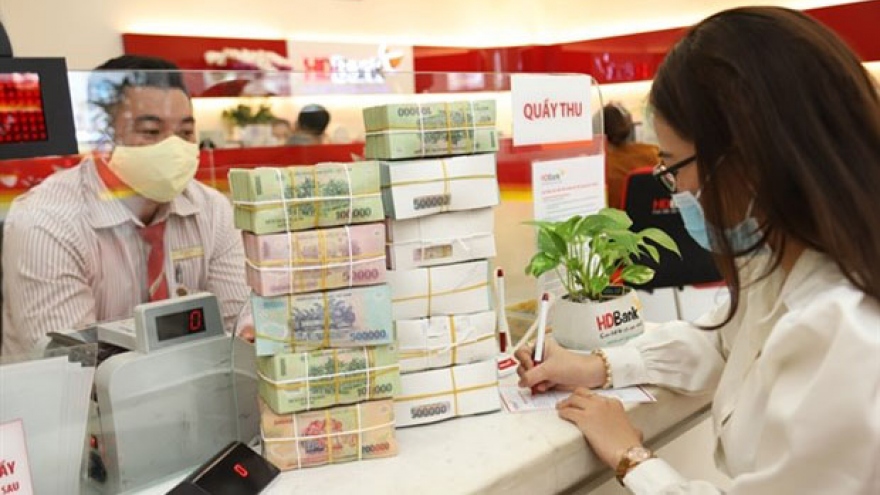
Monetary stance points to only mildly higher interest rates in VN: Fitch Ratings
Capital account restrictions largely insulate interest rates in Vietnam from global monetary tightening and the country’s policy rate is expected to increase 50 basis points to 4.5% by end-2023, according to Fitch Ratings.
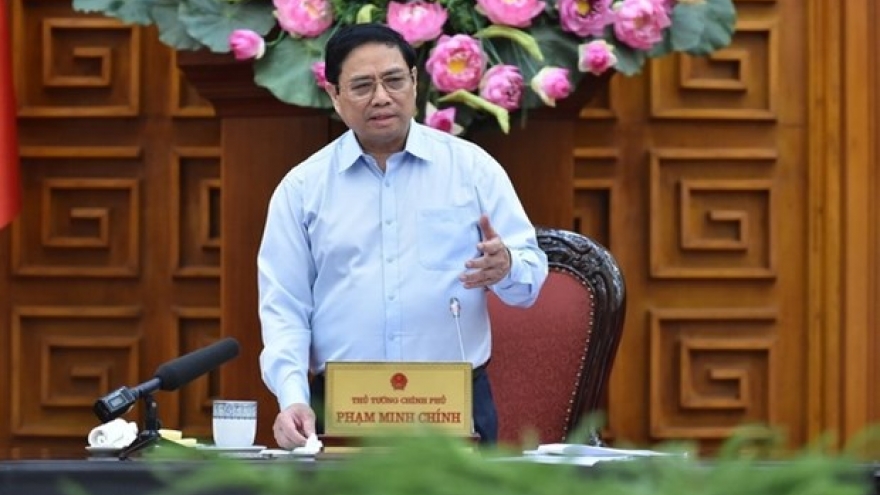
PM requests tough policy to ensure macro-economic stability
Prime Minister Pham Minh Chinh chaired a meeting on July 28 to discuss short- and long-term measures for keeping inflation under control, stabilising the macro-economy, and promoting socio-economic recovery and development.
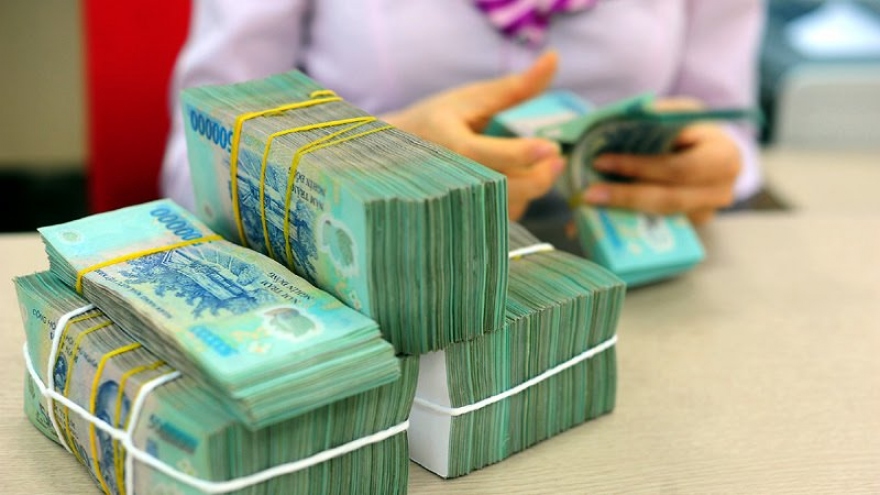
Why do local interest rates remain unchanged amid inflation?
VOV.VN - The State Bank of Vietnam will continue to keep interest rates unchanged in order to sustain macro-economic stability and control inflation, in contrast with the ongoing trend adopted by central banks of many countries worldwide, according to economic experts.
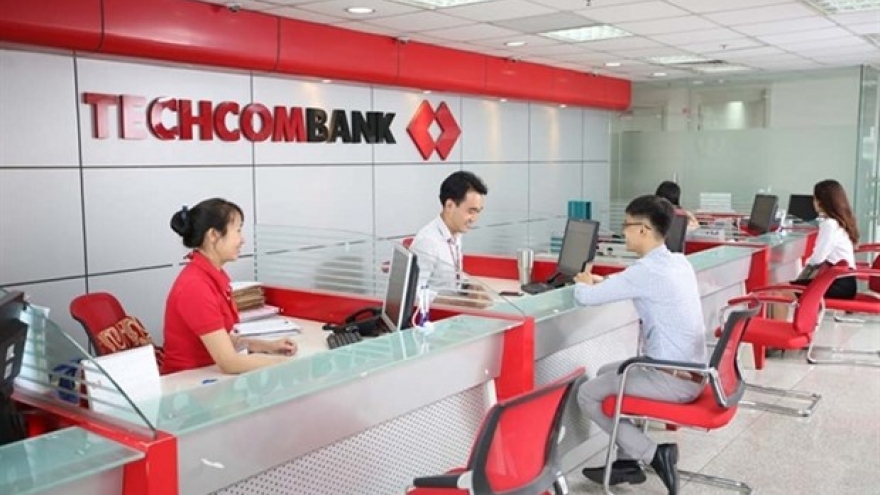
Bank interest margins under pressure due to high inflation
Experts forecast that bank net interest margins (NIM) will decline as inflation rises next month.
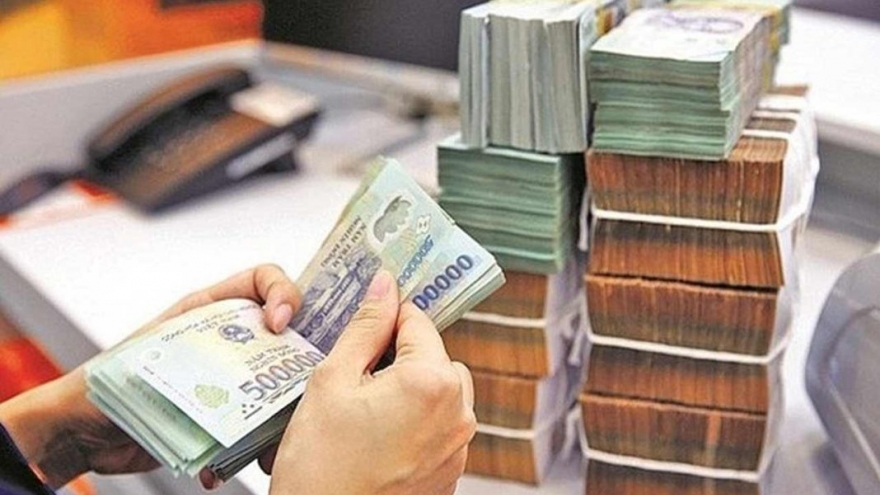
Budget overspending must not exceed VND240 trillion in 2022-2023: Govt
The Government has set the budget overspending cap in 2022-2023 at 1%-1.2% of the country’s gross domestic product (GDP), not exceeding VND240 trillion.
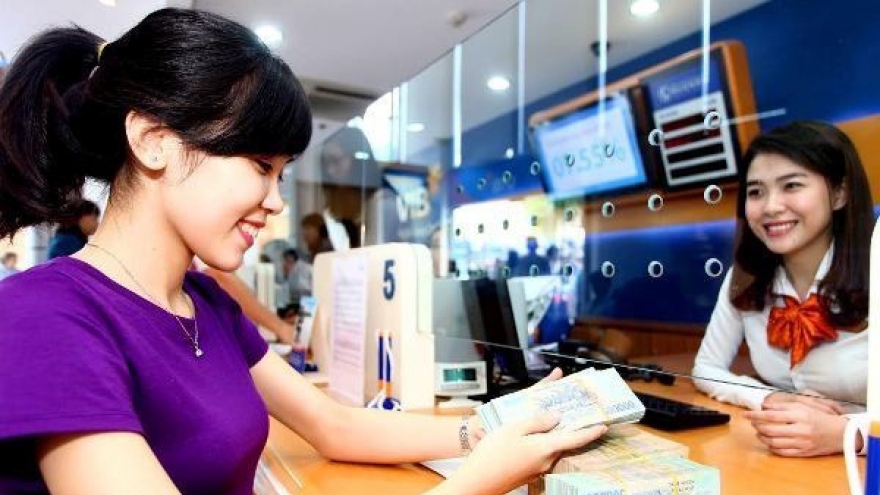
Bank deposits surge in wake of interest rate hike
Thanks to increases in savings interest rates, deposits at banks increased strongly in the first two months of this year after declining last year.
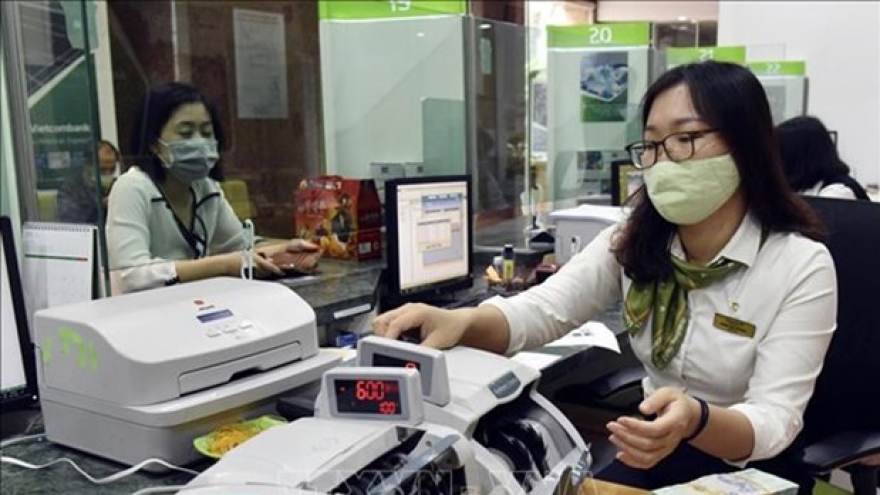
Pandemic-hit firms to enjoy preferential interest rate credit package
Loans of pandemic-hit enterprises will enjoy an interest rate cut of 2% under a government support package to remove difficulties for the businesses.

Some forecasts of Vietnam’s economy in 2022
Vietnam’s GDP growth this year may be over 6.5% if high global inflation can be harnessed, the roadmap of the US Federal Reserve (Fed)’s interest rate raises is on schedule and economies worldwide are fully open.

Capital demand remains high after Lunar New Year holiday
The State Bank of Vietnam (SBV) has to continually inject money to support the liquidity of the banking system as the capital demand and interest rates on the interbank market have remained high though the Tet (Lunar New Year) holiday ended.
